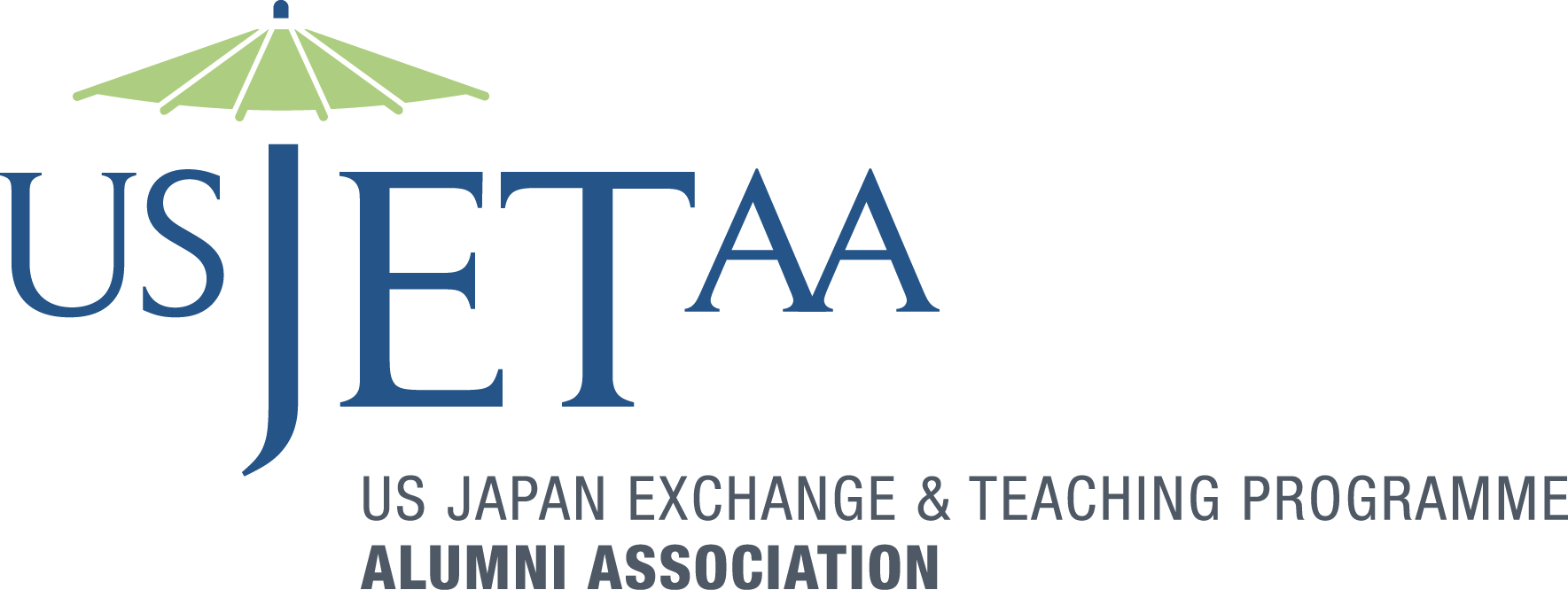This article is part of an East-West Center in Washington – USJETAA Guest Contributor Program aimed at demonstrating the tangible impact of people-to-people connections in US-Japan relations.
In 2000, I was placed by the Japan Exchange and Teaching Programme (JET) in the lovely, historical city of Hirado in Nagasaki prefecture. My initial one-year contract became a four-year immersive experience of teaching, training intensely in Karate (eventually earning my Black Belt), and learning much more about the rich culture and traditions of my host country. In addition to my teaching, I served as Nagasaki’s Education Center Assistant Language Teacher, and then Prefectural Advisor in my fourth year.
After completing JET in 2004, I stayed involved in Japan-related events, but my work was largely focused on domestic disaster preparedness and response. Nonetheless, my personal experience on JET kept me engaged beyond my time there, and was instrumental in my return, six years later, as a Rotary Peace Fellow at the International Christian University (ICU) in Tokyo. This never would have happened without my previous experience in Japan, and it led to my subsequent career focus on education and exchange in Asia.
I learned of the Rotary Peace Fellowship from another JET alumni member in DC. He had completed his MA in Peace Studies at ICU, and was promoting the Fellowship as a way for JET alumni to return to Japan in a new capacity. Thanks to his encouragement, I applied, made it through the detailed selection process, and was accepted into both the Rotary Peace Fellowship and MA program at ICU in 2010.
One of the most significant aspects of my time in Tokyo was that it occurred over the tragic 3/11 disaster in northeast Japan (Tohoku). Thankfully, both Rotary and ICU agreed to keep the Fellowship going, and we were able to continue our studies. My friends and I were determined to help however we could, and soon learned of a volunteer relief mission to Tohoku over Golden Week.
We joined together, as international and Japanese university students, in the common cause of helping to clean up a fishing village in Ishinomaki that had been devastated by the tsunami. We found debris scattered as far as the eye could see, with the overwhelming stench of sea mud and the surreal views of boats and cars tossed upside down like children’s toys.
Volunteering there was certainly the most difficult and yet most rewarding thing I have ever done in life, and it deeply strengthened the kizuna (“enduring bond” in Japanese) I felt with the people of Japan. Most inspiring of all were the fishermen and their families who worked alongside us to bring relief to their shattered community. Had I not come to Nagasaki as a JET nearly 10 years before, I would not have returned and thus not been able to volunteer as I did in Tohoku.
My positive personal experience with people-to-people exchange undoubtedly kept me engaged with Japan and allowed me the unique opportunity to live there twice in one lifetime, as well as in Bangladesh and Thailand. My life literally changed course the day I arrived in Nagasaki nearly two decades ago, and I remain fully engaged with Japan and the greater Asia-Pacific region today. For that, I am eternally grateful to JET.
Mark Flanigan served as a JET in Nagasaki Prefecture from 2000-04. He has dedicated his life to education and public service, and is currently serving as an AmeriCorps VISTA with the Imago Dei Middle School in Tucson, Arizona.

The United States Japan Exchange & Teaching Programme Alumni Association (USJETAA) is a 501(c)(3) nonprofit educational and cultural organization that promotes grassroots friendship and understanding between the United States and Japan through the personal and professional experiences of over 30,000 Americans who have participated on the JET Programme since its inception in 1987. USJETAA serves as a resource for individual JET alumni, JETAA chapters nationwide, and potential JET participants; supports the leadership of JETAA chapters with programming, membership recruitment, chapter management, leadership, professional development, and fundraising; and, supports the JET Program(me) and engages with the U.S.-Japan community.